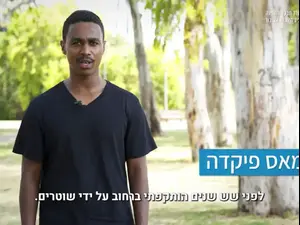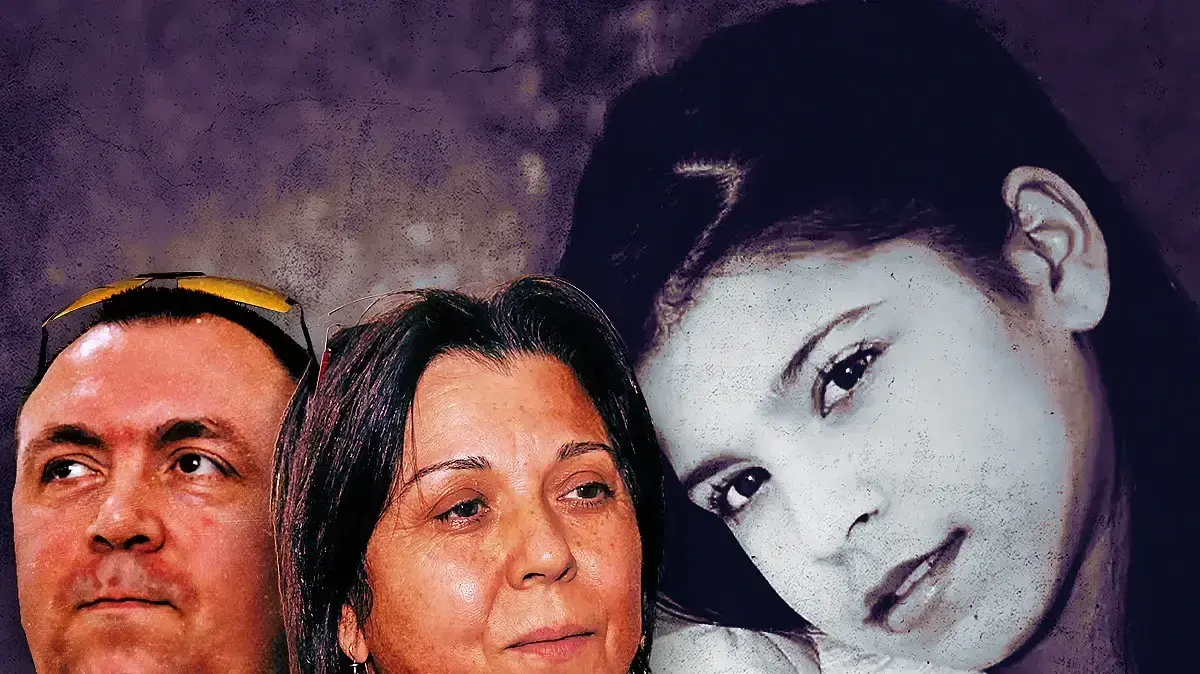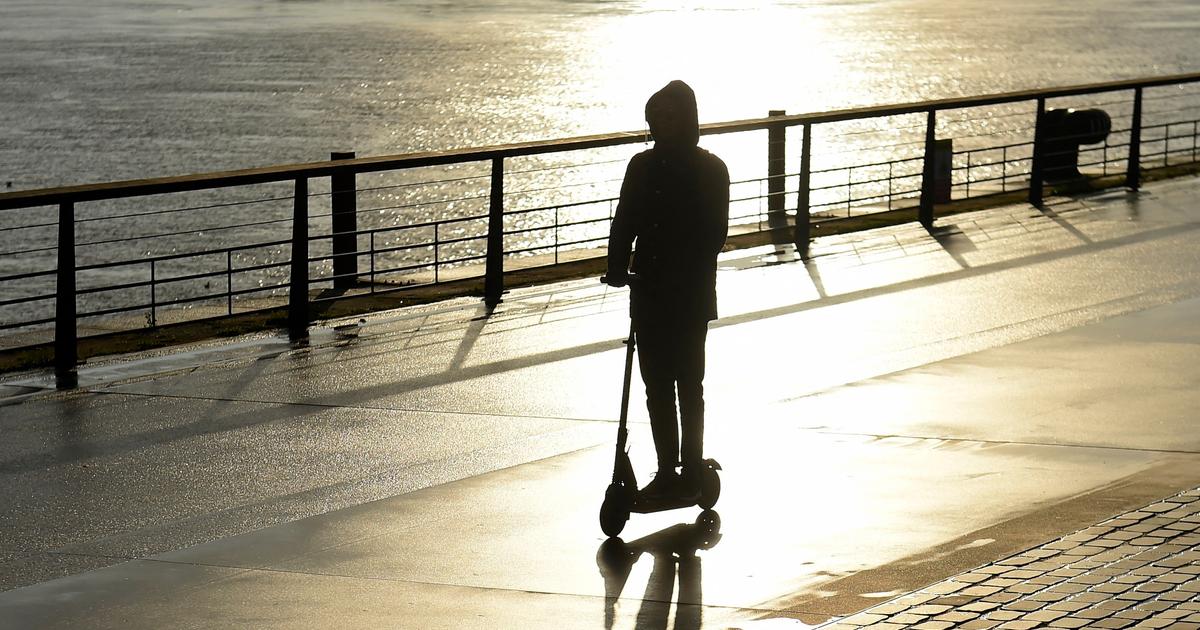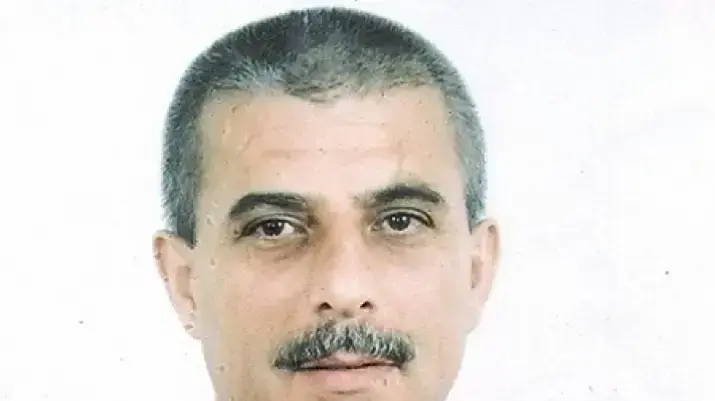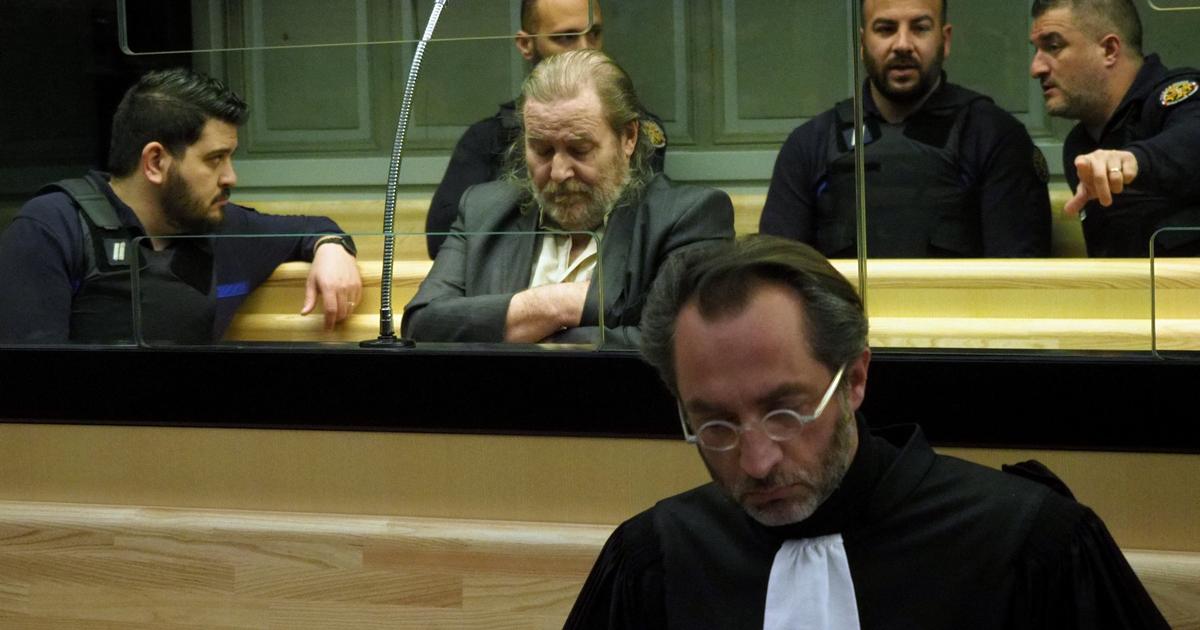news
Opinions and interpretations
Zdorov file: Public psychosis must not lead to the release of a 13-year-old girl killer
The Tair Rada roller coaster made another sharp movement on the track it was traveling on.
The decision to release him comes after a series of legal failures that have fueled the grooves of conspiracies in the networks and courts over the years.
However, his release based on the new opinion is unfounded given the Israeli criminal standard
Tags
Tair Rada
Roman Zdorov
Welcome read
Wednesday, 04 August 2021, 15:36
Share on Facebook
Share on WhatsApp
Share on general
Share on general
Share on Twitter
Share on Email
0 comments
The roller coaster of the Tair Rada murder case made another sharp downward movement yesterday, another of the movements that cause its occupants a stomach ache. But unlike an amusement park, this appeal is not accompanied by bursts of enthusiasm or laughter, but only by an oppressive feeling that this tragic affair will never end, and that the legal value of the finality of the hearing will never take place in it.
Yes, in the Zdorov case, as in many murder cases, many failures were made 15 years ago that fed for years conspiracy theorists and fabrication agents on social media, in the media, and also in court. The waves of populism began with the accusation of members of Tair Rada's class in the murder, and then moved on to the unfounded accusation of Ola Kravchenko (AK) in the murder.
Following the films and series based on these theories, the Zadorov case has become the subject of fountain talks.
Everyone has an opinion on the case, even if his sources of information for that opinion are quite dubious, and all this despite the fact that in Israel's history there have been far more borderline convictions than Zadorov's conviction.
People here were convicted of much, much less, in cases where not only was there no confession before Medvedev, or before investigators (as in the Zadorov case), not even her body was present at the time of the conviction.
For more Baruch columns read in Walla!
The murder of Tair Rada: a retrial for Zadorov or a final release from prison?
Has become a topic of fountain talks.
Zdorov recounts the murder, 2006 (Photo: Police Spokesman Brigade,.)
The argument I make is not related to the question of whether Zadorov is guilty or entitled, but only to the Israeli standard of "reasonable doubt".
I have written here before that the claim I make is not related to the question of whether Zadorov is guilty or entitled, but only to the Israeli standard of "reasonable doubt", which is far from the Zadorov case. That is, if he had to go out entitled, many would have to go free before him.
But this is not the question facing Judge Arafat Taha yesterday, who discussed the question of Zadorov's release during the retrial, who himself is not on the panel of judges. Generally, there is no dilemma as to whether a person who has been charged with murder will be remanded in custody until the end of the proceedings. This is obvious, certainly when it comes to the murder of a 13-year-old girl who was carried out in a rage. As in the beginning, today is also the position of the State Attorney's Office. If so what is the thing that has changed? What is it that caused Judge Taha (by the way, a judge who regularly does not sit in criminal cases, but in civil cases), to order the release of Zadorov during the retrial?
"Indeed, the starting point is that there is a higher level of danger than those charged with murder," Judge Taha wrote.
"However, the case of a person who has been in prison for 15 years, and it has been decided to hold a retrial in his case, is not the case of the person against whom an indictment is filed today, along with a request for detention until the end of the proceedings."
The judge immediately referred to the verdict he saw as a facilitator in this case - the case of the murder of the boy Danny Katz.
In the mid-1980s, five Israeli Arabs were convicted of Katz's murder.
After it was discovered that the confessions in their case were collected by improper means, it was decided to hold a retrial in their case (which indeed took place and they were convicted in it as well).
During the trial three of the five were released on bail for house arrest.
Does not enter into a rehabilitation procedure where it can be determined that it is no longer dangerous.
Zdorov (Photo: Flash 90, Yonatan Zindel / Flash 90)
Judge Taha's reliance on the Katz case is rather puzzling, since the connection between the events is loose in two main respects: In the Katz case, the main evidence in the case - the confession of the suspects to the investigators - was that it was in danger of crashing.
And without the confession there was no case.
Therefore, Supreme Court Justice Edmund Levy wrote at the time that "in these circumstances there is an erosion of evidence."
In addition, the three murderers were in a lengthy rehabilitation process in prison and throughout their years of imprisonment went on many vacations.
Therefore, the court had good reason to think that in the circumstances of the case their dangerousness had dropped dramatically.
Tair Rada (Photo: Ginny)
The new evidence, important as it may be, does not gnaw at the main evidence in the case, chief among them the confession to the dubbed Arthur, but at most stands in front of them
The Zadorov case is very far from the Katz case.
The new significant evidence in the Zdorov case is the opinion on the blood leakage as well as Rada's blood stain found in another cell in the toilets.
This evidence, important as it may be, does not gnaw at the main evidence in the case, chief among them the confession to the dubbed Arthur, but at most stands in front of them.
In the retrial, the panel of judges will determine what weight should be given to the new evidence, but in the face of the confession to the informant and the other evidence in the case.
What is clear is that this is not the case that fits Judge Levy's remarks on "erosion of evidence."
Moreover, Zadorov, unlike Katz's killers, has not been released from prison since the beginning of his sentence 15 years ago.
That is, do not actually enter into a rehabilitation procedure where it can be determined that it is no longer dangerous.
Given what is attributed to him, the murder of a 13-year-old girl, his release seems rather puzzling.
Walla Flash ticked
Damas commands being violently attacked by police in video ...
Bennett in a message to Iran: "Sit peacefully in Tehran and ignite from there ...
A strange method of eating pizza
Food and zodiac signs
The right amount of toothpaste to use
Clothes Dryer
The secret of popcorn in cinema
Is this a record of Bigfoot crossing a river?
A hollow tree trunk has become a beehive, due to the fear that the tree ...
Bennett in response to the attack on the ship: Iran is responsible, know ...
Teacher Yotam Okon accused of raping his 12-year-old student: ...
In the video: The court decided to release Roman Zadorov from prison until the end of the retrial (Photo: Shlomi Gabay and Eli Ashkenazi)
The other examples the judge chose were even weaker.
In the case of Dennis Eisen, who was convicted of killing his toddler son and won a retrial, the release made perfect sense.
There was no real dangerous claim against Eisen, who was in fact convicted of trying to silence his infant son by throwing his body into a crib.
In the case of Schwartz who was convicted of rape and re-tried, he was sent for a comprehensive review by the probation service, which did not happen in the Zadorov case.
It is not possible to produce all the precedents on one case full of public relations
I am one of those who believe that the prosecution and the courts in Israel are too light on the trigger in arrests.
Many of the arrests are unjustified.
In many cases authorities can produce an effective alternative to detention instead of rushing and denying freedom before trial.
Yes, it may be necessary to change the Israeli standard not only of reasonable doubt, but also of arrests, but it is impossible to produce all the precedents all on the back of one case full of public relations, charlatans and social psychosis.
Zdorov is currently, at the very least, charged with the murder of a 13-year-old girl.
Share on Facebook
Share on WhatsApp
Share on general
Share on general
Share on Twitter
Share on Email
0 comments

